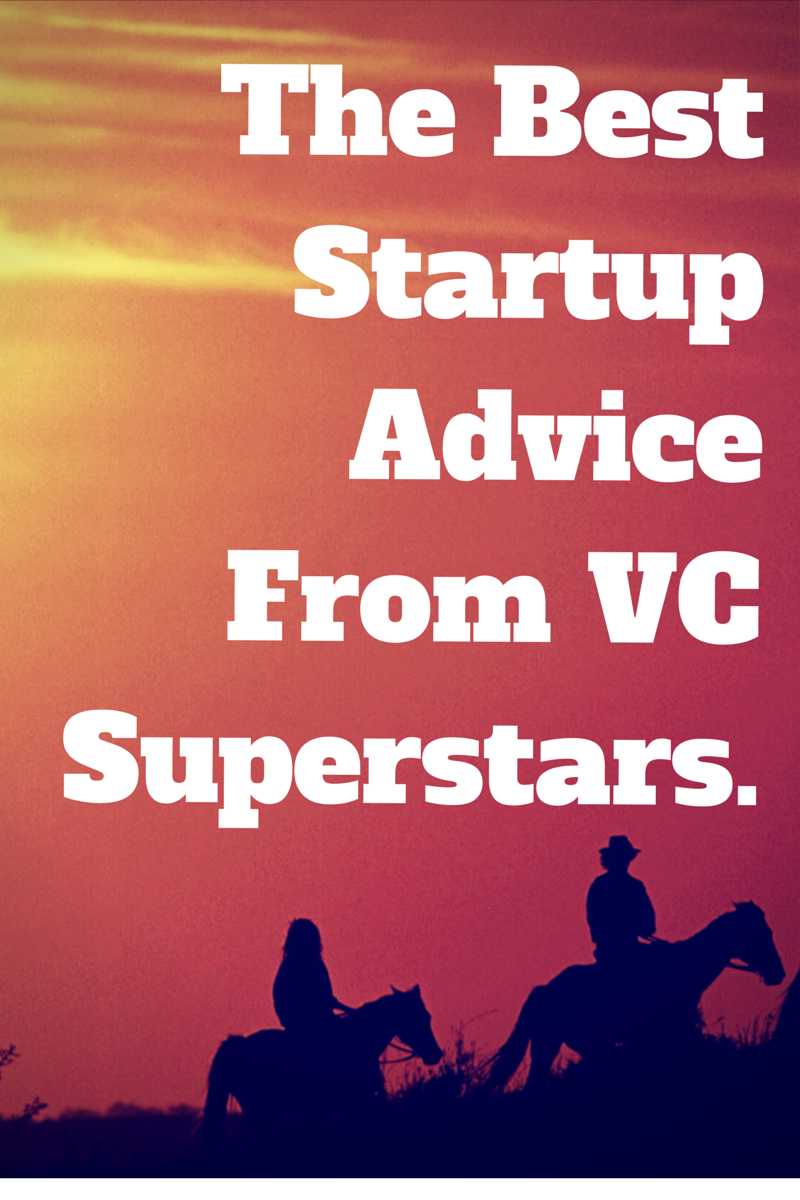 Perhaps the most important wealth magnet discussed in Dan Kennedy’s book, “Wealth Attraction for Entrepreneurs,” is “Be Somewhere”.
Perhaps the most important wealth magnet discussed in Dan Kennedy’s book, “Wealth Attraction for Entrepreneurs,” is “Be Somewhere”.
Much like my post a little while ago about making yourself lucky at conferences, it’s really hard to get lucky if you don’t expose yourself to spontaneous and serendipitous meetings with strangers.
This week is Denver Startup Week, jam packed with sessions and opportunities to meet with prominent VC’s and other startup founders.
Given the opportunity of meeting with all sorts of strangers, I couldn’t justify not throwing myself into the thick of it despite still being shy in many places. Luckily at these events, other founds are less shy, and they are striking up conversations with me. I even discovered some really interesting startups that I can’t wait to use myself.
Here are some my biggest takeaways from the conference so far.
1. Whose problem are your solving? Seriously, who specifically has this problem that you are solving. Who else specifically also has this problem? “This was the series of brutal questions that Yoav Lurie (CEO & Founder of Simple Energy) grilled me when I asked for feedback on an idea.” He told me that when people join Techstars, the first piece of advice they give is… “Go Out and Talk to 75 Potential Customers. Not one or two, but Seventy-Five.” I thought this was a joke, but than I found this Inc. Magazine article which claims that Yoav himself spoke to 100 utility companies before launching (maybe even before building) Simple Energy. Some ideas sound great, and maybe even have a ton of potential, but this is even cheaper than building an MVP and should be step one in your Journey. Yoav went on to advise me to find ONE, just one company with the problem I want to solve and solve it for them. Than find a few others with the same problem, and solve it for them…once you do this, you have a model that works and a startup that actually solves peoples problems. (Interestingly enough I took this advice and spoke to a restaurant owner about my restaurant marketing idea and it turns out…marketing is actually not a real problem for restaurants. It’s as simple as, “You either create a great experience and spread virally…or you don’t and fail. Finding and Managing good staff is the biggest challenge, which is probably why my blog post about fun ways to motivate waitresses and waiters to upsell is one of the most trafficked posts on my blog. – Sounds like helping restaurants find and manage their staff is a good idea for someone to solve…)
An extra tip on this topic is to not ask the companies about your specific idea, but rather ask them pointed questions about understanding their pain points. If you start by sharing your idea and asking if they like it, you have to discount any enthusiasm with politeness.
2. The best way to get noticed by VCs and investors – Ok, we all know that most investors say the best way to reach them is to get an introduction to them. However, Frank Mendocino III said the introduction that means the most to him and many other investors is actually not from other people the investor knows, but rather from one of their portfolio companies actually using and loving your product. “When a portfolio company founder says, “hey, we use this guys product and it’s awesome, you are guaranteed at least a meeting and not with an associate but with a partner.” Of course the LP’s in a fund are great sources for referrals too as they are essentially the VCs boss. The great news is that many startups, especially ones that recently raised money appreciate and understand the challenges you face as a startup and are more than willing to evaluate a half baked product. (actually, the saying goes, and I forget who coined this, “Don’t build a half-baked product as an MVP, build Half a Product.”)
3. Frank Mendocino III also shared this nugget with me personally when I asked him if he ever sees big startups emerge from someone who is primarily a consultant or who needs to do consulting work to pay for building a startup. As I am sure you know, there are many blogposts that claim consulting is where startups go to die. Frank said that this is in fact a path many successful startups follow on the road to success. The trick is…
Along the way of doing consulting, automate the work you do. Use that automation as your startup product and you are in business.j
As many of you know, an area of common advice is to build what you know, or to solve a problem you have yourself and build out from there. This goes back to the first point about solving the problem of one individual. While you can certainly build a startup in an area outside your expertise…lots of successful startups are not subject matter experts in advance, but there is no question the quickest, simplest easiest path to solving a real problem that understands all the nuances of the actual problem is to actually start with your own problems…This is great news because it’s a clear path for a consultant to build a new income stream, or scale their expertise.
4. If you watch SharkTank you know one of the most entertaining parts is the valuation negotiations. The first thing the sharks do is try to reset the entrepreneurs perception of the reality of the value of their company. I learned business from a world of bootstrappers, who have to drive revenue to drive growth. I am always amazed when I read about a company raising millions of dollars at crazy valuations without having real revenue or traction. I am extremely confused by this, so I asked a VC at the event. Here is what Dave Odom, a Principal of Arsenal Venture Partners of had to say about this.
“VC’s invest in future growth. They Only Care About The Present In The Context of How That Influences The Future.”

So, all you need to do to drive high valuations is to demonstrate three things. a) That you can execute on this vision. b)you have a large addressable market, c) you show proof points of traction and growth.
Even if you only have 10 or 20 customers, if you can start showing that you have a product the marketplace wants, those investors will buy into you at a rate that is reflective of the future potential more than of the actual run rate. Sure, they need an exit and the standard advice of looking like a homerun to them are important, but the most important thing is to show a really big pie you are chasing, and showing that you have something the pie wants. Basically, you need PROOF POINTS about the above three items.
This advice, while it might sound like you heard it a bunch of times, is important to understand in the context of raising big rounds at large valuations (not necessarily a good thing).
All you need is to demonstrate proof on a small scale to sell the dream that your venture can eventually reach the point of a big exit to get the valuations you need.
There were many more great sessions with lots of great advice and I will try to write a few more over the next while, but here are the biggest takeaways so far straight from the horses mouth.
 Click Images To Verify
Click Images To Verify
